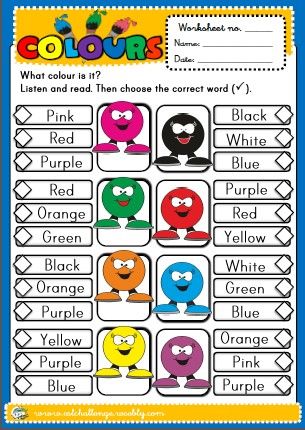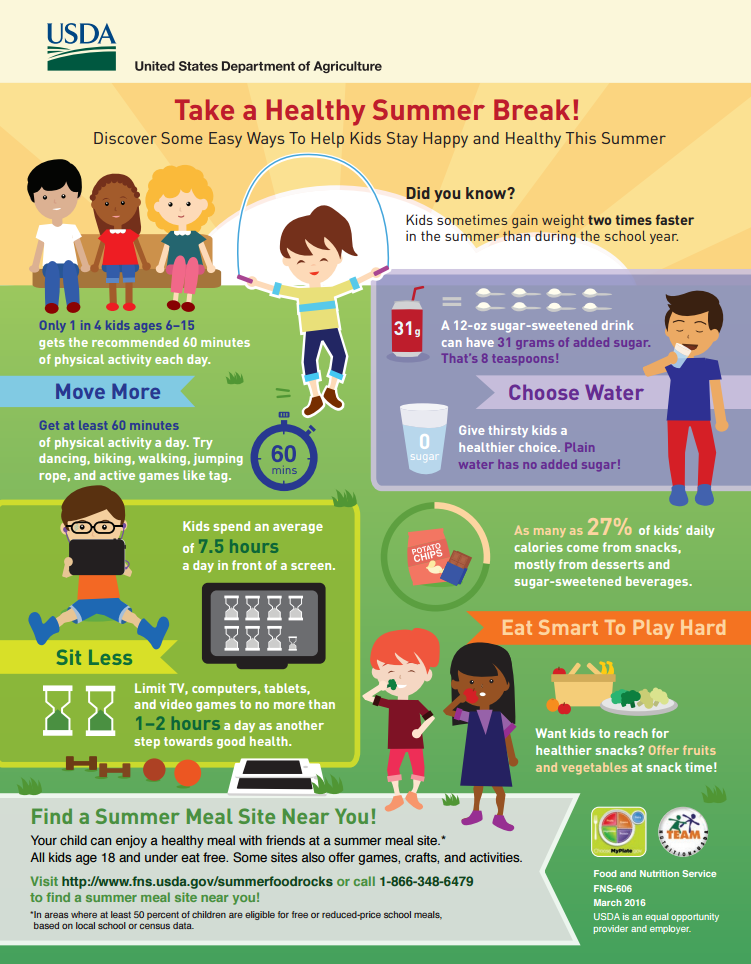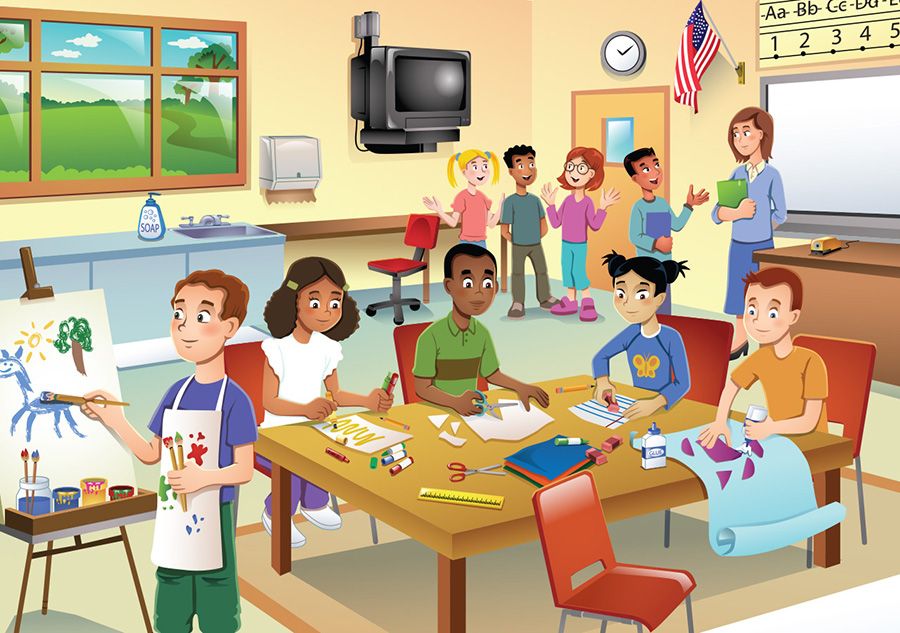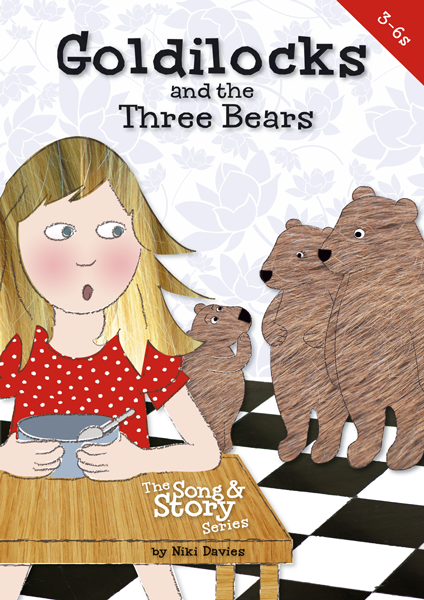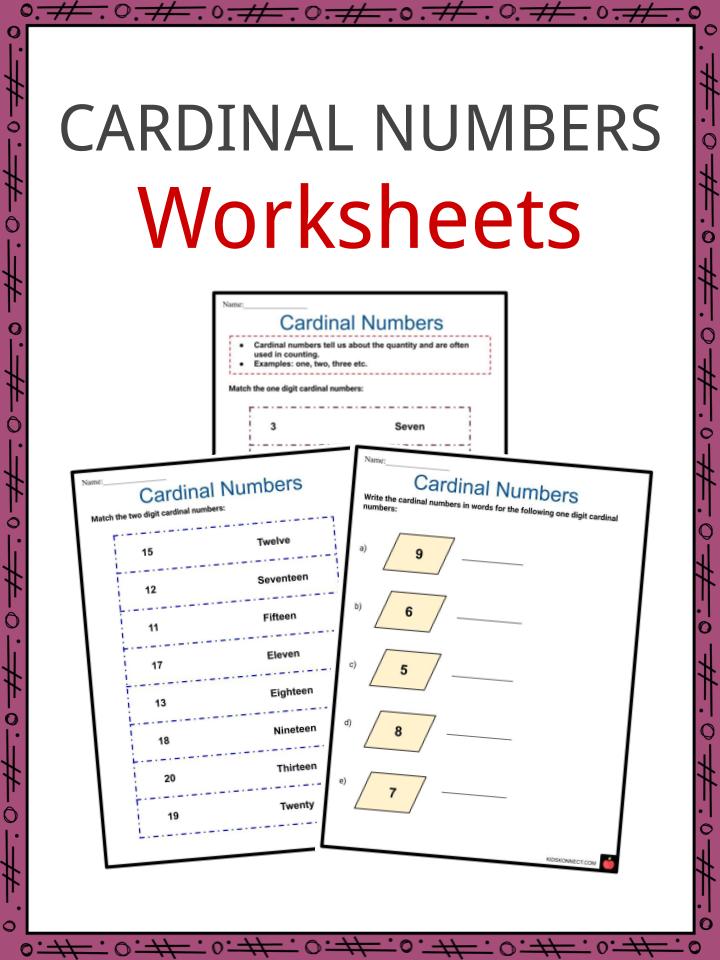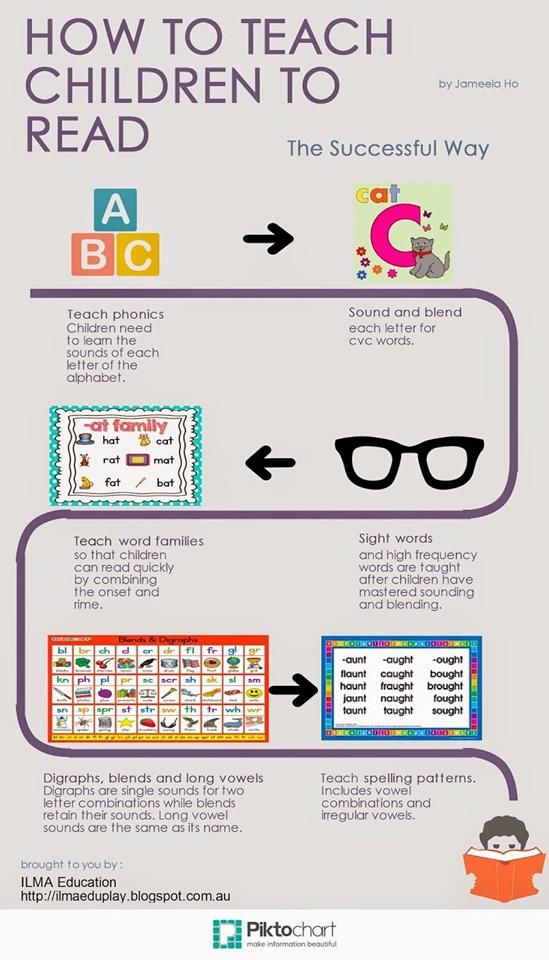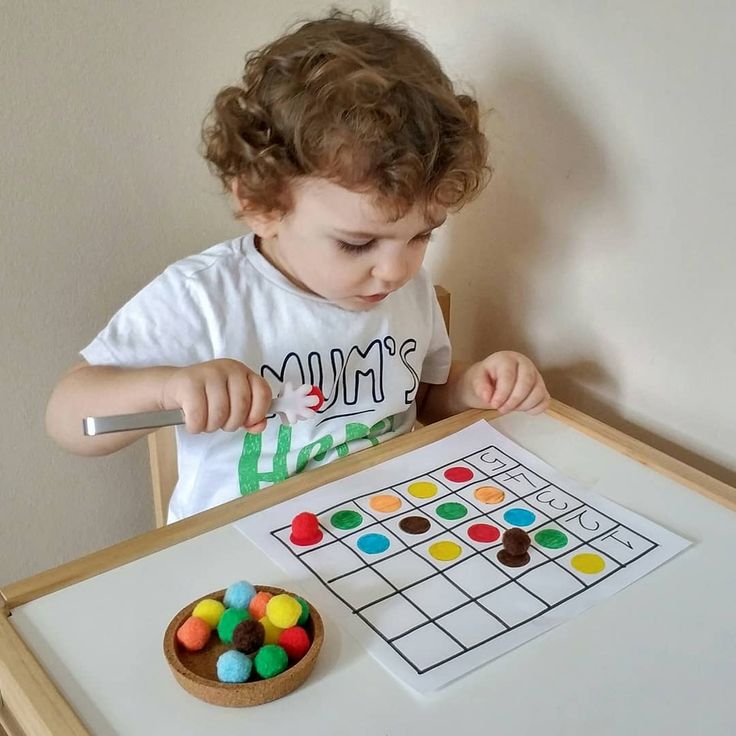What do 1st graders learn
5 Things to Taught to Kids in First Grade
It was like yesterday when you were walking your child to kindergarten. And now, they are ready to start the first grade. It’s such an emotional moment for a parent when their child achieves a milestone like first grade. But, it is also overwhelming and daunting for parents because they have no clue what is taught to kids in 1st grade?
First grade is a big transition for a child—from a playful and fun environment of prekindergarten, they are moving towards a more academically challenging environment. It can be a big shock for both parents and students.
Therefore, if your child is starting 1st grade this year, you should learn all about what is taught to kids in the first grade so you and your child can come prepared on the first day of school. This guide is a small step to help you understand what 1st grade will bring your way.
Reading in the 1st grade
Writing in the 1st grade
Math in the 1st grade
Science in the 1st grade
Social Studies in the 1st grade
Tips for 1st graders’ parents
So, What Is Exactly Taught to Kids in the 1st Grade?
You will find some variations in the first-grade curriculum around the states. However, basic subjects taught to kids in the first grade are mostly the same everywhere. Usually, students learn math, reading, writing, science, and social studies in the 1st grade.
You might find some minor changes in the first-grade curriculum in different district schools. However, here are fundamental topics that are taught to kids in the first grade:
Reading in the 1st Grade
Your kids have already learned different sounds and read small words during kindergarten. The reading level will increase in the first grade, and your children will learn more complicated words and sounds. They will also be asked to read paragraphs and answer questions based on them.
First graders are expected to read fluently and understand the information they read. Some of the other topics that the first-grade reading curriculum includes are:
- A comprehensive reading of the entire first-grade material.
- Re-telling stories provided in the academic books.
- Creating characteristics based on the stories.
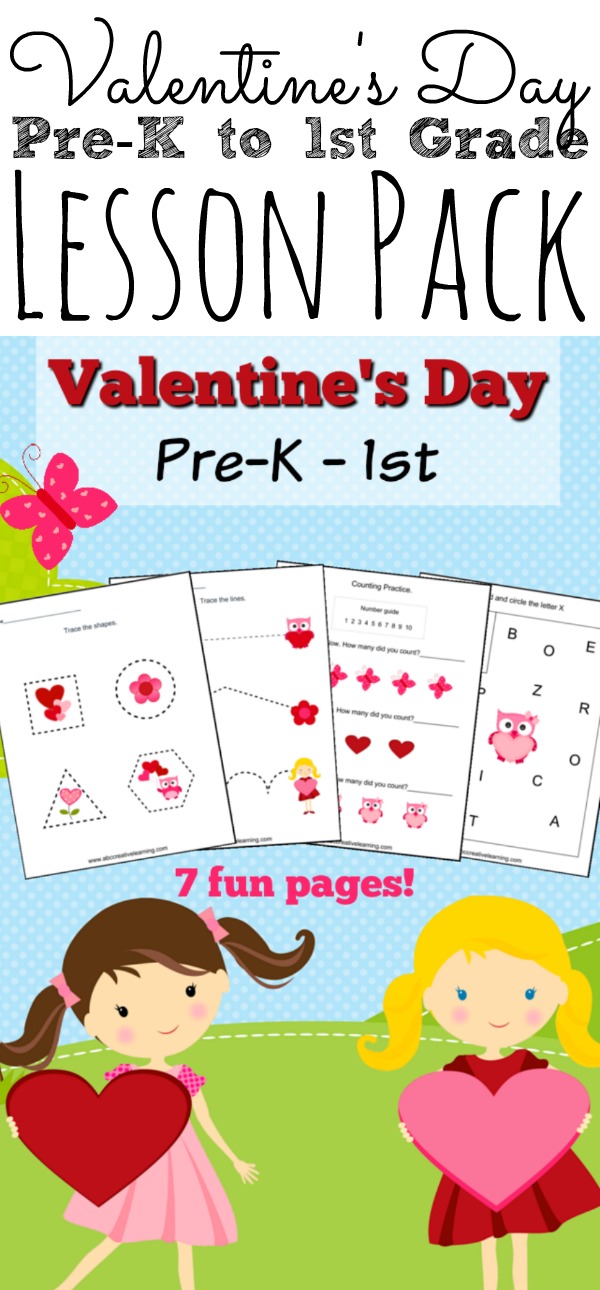
- Learning the meanings of similar words and how to use them in a sentence.
- Distinguish between narrative and nonfiction texts.
Writing in the 1st Grade
The writing level in first grade will increase a couple of levels. As your child’s motor skills have already developed in the kindergarten, teachers will focus more on creative and inventive writing.
Teachers can ask their students to use their imagination and write something unique. They can also motivate students to understand the sound of words and write them. Besides this, handwriting improvement is one of the main agendas in the first-grade curriculum. Other things that first-grade writing lessons include:
- When to use lower and upper cases while writing.
- Correct usage of ending punctuation like full stop and question marks.
- The right way to use frequency words in writing.
- Make writing more detailed and comprehensive.
- Usage of descriptive words.
- Learn to write narratives with two or more sequenced events.
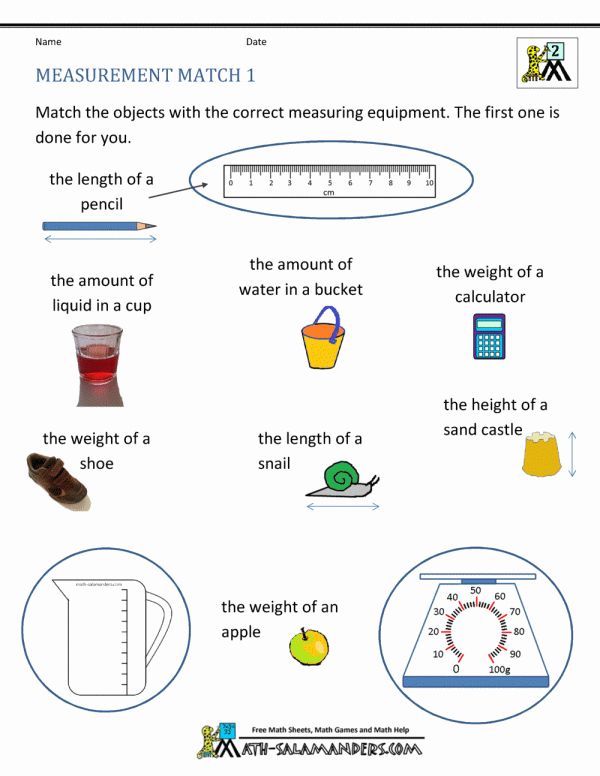
- Correctly spell the familiar words.
- Learn to edit their writing.
Math in the 1st Grade
Your children already know how to count, recognize numbers and organize them into different groups. So, all the previous math concepts will be revised in the first-grade math curriculum. After that, teachers will introduce more problem-solving and common addition or subtraction problems to your child.
In the first grade, teachers are more focused on setting the foundation for advanced math learning. Thus, they will teach your child:
- Addition and subtraction for small or single numbers.
- Counting money.
- Learn to see time on an analog clock.
- Identify different shapes.
- Recognize coins and currency notes.
- Solve simple word math problems.
- Learn to read, write and count numbers more than 100.
- Understand base values.
- Count numbers based on their tens or one’s place.
- Compare two or more objects based on length, weight, and volume.
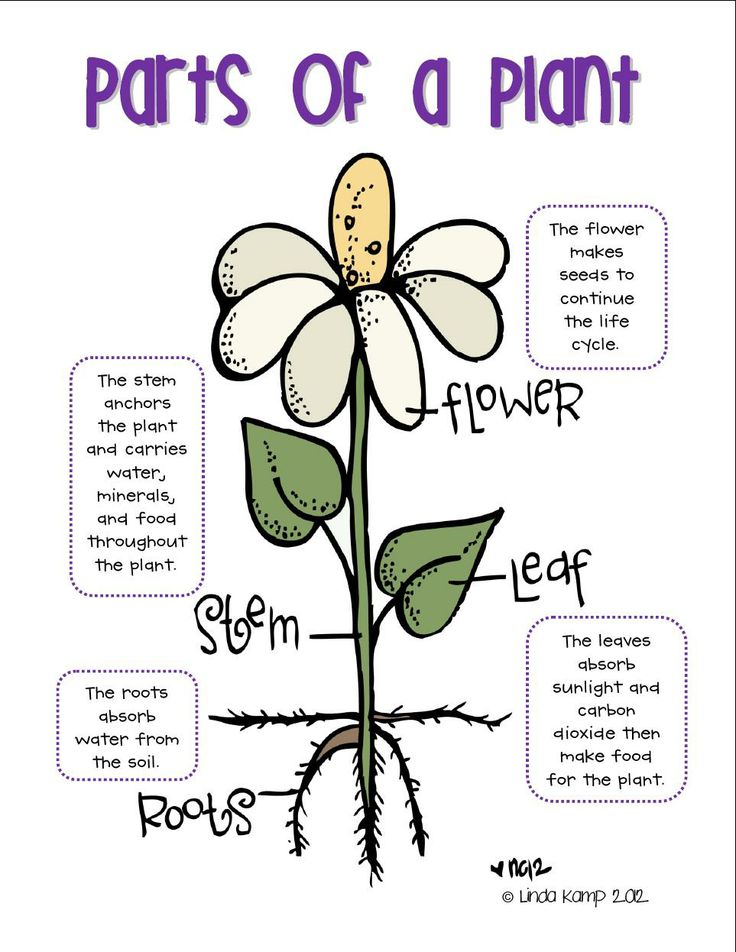
- Find more than and less than a given number with the usage of the symbols =, <, or >.
Science in the 1st Grade
Your child will learn more about life science and natural science in first-grade science. The teacher will introduce basic science concepts in the 1st grade using pictures and intuitive experiments, such as:
- The life cycle of a butterfly.
- Learn about animals and insects and their characteristics.
- Understand the earth like weather, climate, rain formation, etc.
- Basics of physical science and different properties of gas, liquid and solid.
- Introduction to common measurement tools like thermometers.
- Weather patterns.
- Environmental science.
Social Studies in the 1st Grade
Social studies is one of the important subjects taught in the first grade. This subject helps students develop social skills and understand how communities worldwide work. Some of the basic social science concepts taught in the 1st grade are:
- How many states are in the country?
- How do neighbourhood and local communities help to form a city?
- The concept of a community.
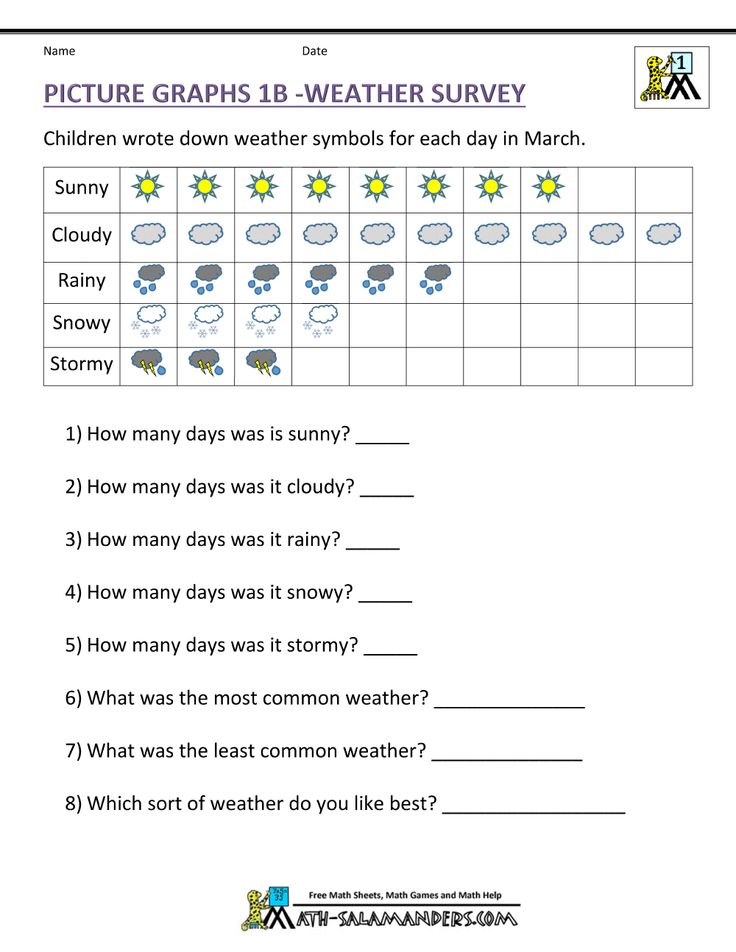
- Information about public and private institutions like libraries, public healthcare facilities, etc.
- The way various community components work together as a cohesive unit.
Tips for 1st Graders’ Parents
If you are stressed about your little one starting first grade, you should first relax. If you start to panic, your children will automatically start to feel pressure. Besides this, here are some simple tips that first graders’ parents should follow:
- Visit the school and classroom to understand what type of environment your child will get in the first grade.
- You can interact with your child’s new first-grade teacher to know what they will be teaching your child in the grade.
- Connect with other first graders’ parents to know their children’s problems during the first grade.
- You can talk to your child openly and prepare them for a new class, friends, and teachers.
- Go online and find information related to the 1st-grade curriculum in your district.

- Before sending your child to a new grade, you can start teaching some concepts at home like addition, subtraction, life sciences and more. This way, your child will feel prepared when the teacher teaches the subjects in the class.
Just Relax!
Parents, sending off your child to 1st grade can be overwhelming and challenging for you. But, it would help if you did not lose your calm. We know it’s easier to say than do.
However, you will not feel much stressed when you are informed and aware of what is taught to kids in the first grade. This guide has touched on all the essential first-grade curriculum points. So, you now have some idea of what to expect in the first grade. Therefore, relax and start preparing for the new milestone of your child.
FAQs
What are the basic elements of the first-grade curriculum?
The first-grade curriculum should include elements that can help students become independent readers and improve their phonics, phonemic awareness, and comprehension.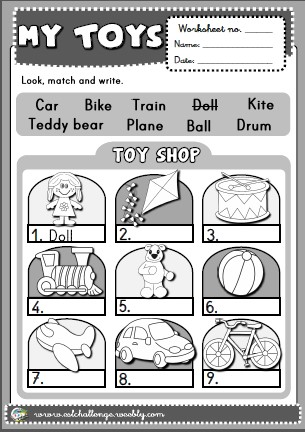 It should also include grammar and basic life lessons to develop a child’s overall speaking and listening skills.
It should also include grammar and basic life lessons to develop a child’s overall speaking and listening skills.
Is the first-grade curriculum the same all around the state?
The foundation of the first-grade curriculum is the same everywhere. However, you might find some variations in the lesson planning or teaching methods. Therefore, you should consult your child’s school and teacher to know more about what they will teach in the first grade.
Ready for 1st Grade: Skills Kids Need
A lot of learning happens in kindergarten to help kids hit the ground running when they go into first grade. Some of the skills kids need going into first grade are social skills, like listening and taking turns. Others are more academic — the skills kids need to develop as they do more work in reading, writing, and math.
Here’s a sample of what kids should be learning by the end of kindergarten to be ready for first grade.
Literacy skills kids need for first grade
Literacy skills include both reading and writing.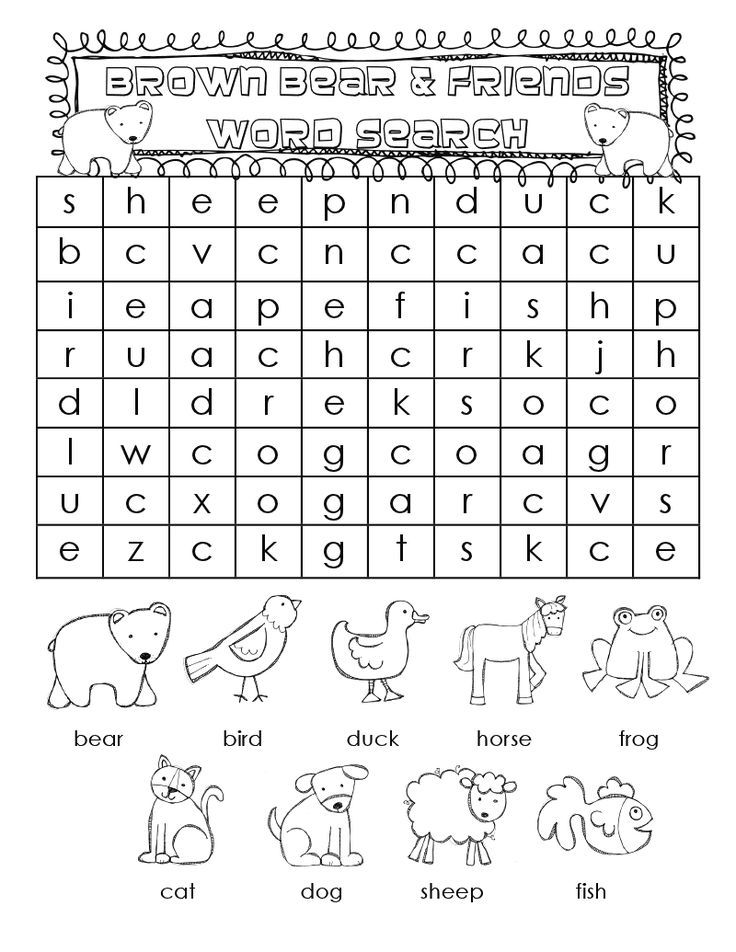 The two are taught together because they’re closely connected. In kindergarten, kids practice breaking words into small chunks and identifying the sounds each letter makes. (This is known as decoding.)
The two are taught together because they’re closely connected. In kindergarten, kids practice breaking words into small chunks and identifying the sounds each letter makes. (This is known as decoding.)
That’s because kids going into first grade are expected to know the alphabet and the basic features of letters and words. They’re also typically able to recognize and provide rhyming words. These are all skills that help emerging readers learn new words and read simple books.
When it comes to writing, incoming first graders are expected to be able to write and share information in a variety of ways. This includes drawing, writing letters and words, listening to others, and speaking out loud. To help build these skills for first grade, kids do activities like these:
- Write and recognize upper- and lowercase letters.
- Match letters to sounds, make rhymes, and recognize some words without having to sound them out (teachers refer to these as sight words, and some of the first ones kids pick are and, the, and it).
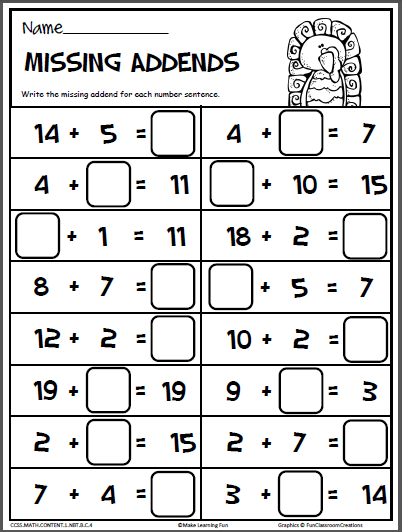
- Learn and use new words to express thoughts, feelings, and ideas clearly.
- Ask and answer questions about a story the teacher reads aloud, and talk about the characters, settings, and major events in the story.
- Name the person, place, thing, or idea in a picture.
- Follow the rules of conversation by listening and taking turns talking.
- Give information about an event, topic, or opinion by drawing, talking, and writing about it.
- Participate in shared reading and writing activities (for example, the teacher reads a big picture book aloud and students take turns sharing ideas about it).
You can help your child build literacy skills at home, too:
- Learn about ways to help kids connect letters and sounds.
- Get tips to help your child develop good reading habits.
- Use fun multisensory techniques to practice writing.
Math skills kids need for first grade
There are two big math concepts kids need a strong grasp of as they go into first grade.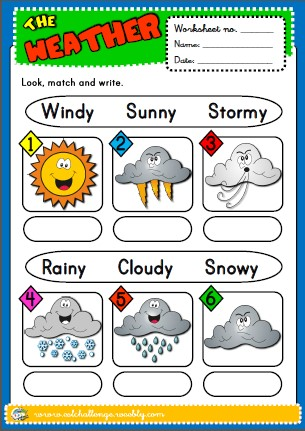 The first is number sense — learning numbers and what they stand for, like connecting the number “5” with a picture of five apples. The other big one is addition and subtraction. Kindergartners also learn to identify and work with shapes.
The first is number sense — learning numbers and what they stand for, like connecting the number “5” with a picture of five apples. The other big one is addition and subtraction. Kindergartners also learn to identify and work with shapes.
Here are some activities kids do to build math skills going into first grade:
- Count how many objects are in a group (one by one) and compare it to another group to figure out which is greater or less than the other.
- Recognize that addition means putting two groups together and that subtraction means taking away from one group.
- Add and subtract numbers 1 through 10.
- Use objects to show how to break up numbers less than or equal to 10 in more than one way (for example, 8 erasers = 2 groups of 4 erasers, and 8 erasers = a group of 2 and a group of 6).
- Find the number of objects to make any group of 1 to 9 into a group of 10.
- Use objects or draw pictures to represent and solve simple addition and subtraction word problems.
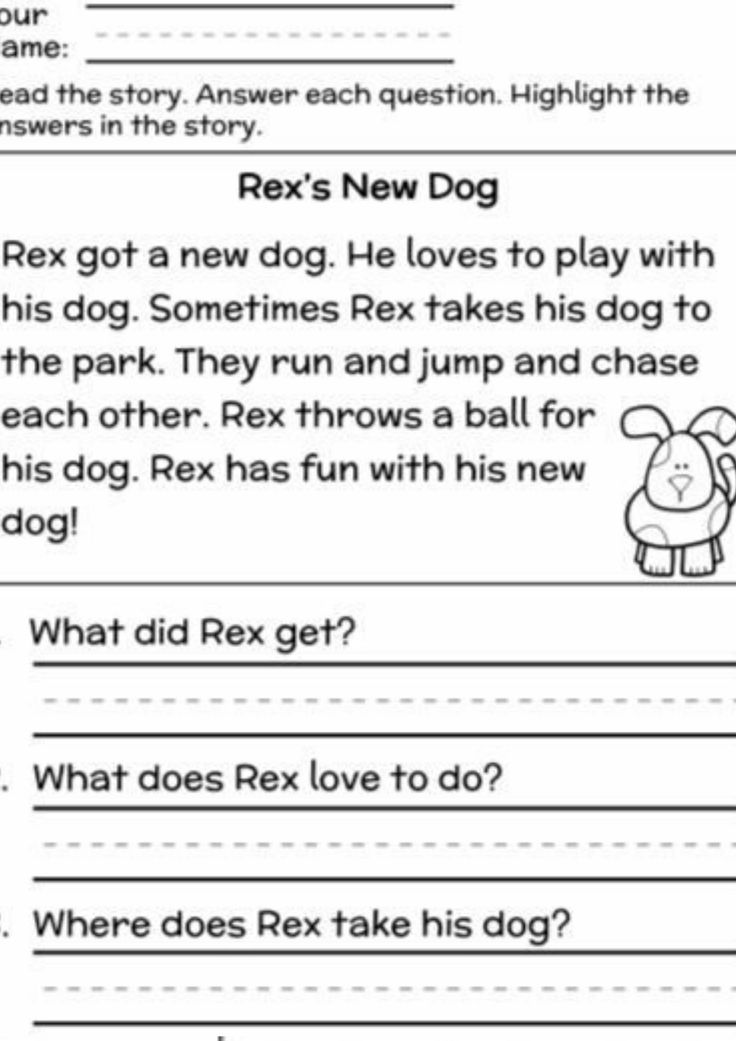
You can help your child build math skills at home, too:
- Explore fun picture books to get your child excited about math.
- See how to use everyday household items to practice math.
- Play board games that build math skills.
Working with your incoming first grader
Take a look at your state’s academic standards to see what skills are expected for kids going into first grade. Not all states use the same standards, but many of them have similar expectations for students.
Keep in mind, too, that kids develop skills at different rates. But if your child doesn’t have most of these skills down by the end of kindergarten, it’s a good idea to check in with your child’s teacher to speak about your concerns. Together you can come up with a plan for keeping track of your child’s progress and getting ready for first grade.
Key takeaways
Incoming first graders typically know the alphabet and can add and subtract numbers 1 through 10.
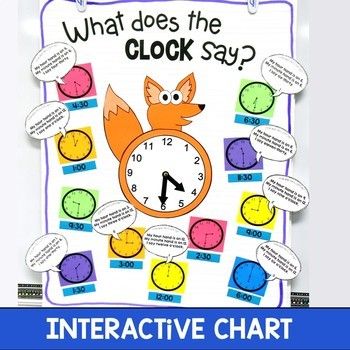
There are fun ways to practice language and math skills to help your child get ready for first grade.
If you have concerns about your child’s progress, talk to the teacher to come up with a game plan.
What are first-graders taught in a modern school, if ... (cm)?
Answers:
You just need to understand in advance what kind of training program your child will have. A bunch of mothers around me enrolled their children in prestigious gymnasiums, gave bribes for this, and now ... Now they do these crazy lessons around the clock, they decide to draw for them! And so are fees. Maybe it's better to choose a simpler school, and spend money separately on the same foreign language that the tutor will often give better than the teacher.
And when does a child pass an exam after elementary school to be worthy of studying further in a prestigious school? Yes, it's completely overkill!
If a child is properly motivated to study (and these are only parents!) then the child will study normally in a regular school, elementary school does not yet decide the whole fate of your child.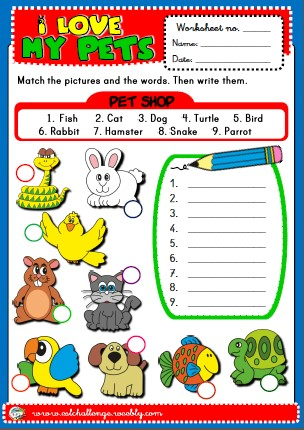
Well, since you are asking such questions, it means you haven't read the terms of the math problems for the second grade yet. This is where the real test of logic and endurance begins. Most parents (second graders and older) are only interested in one question - do the authors of those textbooks even pass a drug test and adequacy? How else can you explain the nonsense that is written there.
I fully understand you, we had a situation. In short, before school, the psychologist checks the level of knowledge, well, I answered all the figures, but there is no trapezoid or something like that. So he said that I'm somehow not like that)) Because of one figurine in total)
In short, from 1st to the last grade, I kept asking the same question why do we need to know a bunch of unnecessary information. For example, in biology, the names of bacteria which are now not to be found in nature or in literature are the works of foreign authors. The fact is that some works are not really readable, just nonsense and the teachers also recognize this.
So, from the 1st to the last year there are only holes in the training program. As the authors have already said, a lot of things will surprise you in grade 2 mathematics. It is also possible that you will meet new subjects, such as religion, culture (there is a question about textbooks in BV).
In fact, in the 1st grade, they should teach everything that you listed and in the program when I studied, everything was exactly the same. Recipes, books and so on.
More and more new technologies for teaching our children come to us. What we were taught at one time in elementary school is now being taught to today's first-graders, second-graders and third-graders. Everyone teaches the same world around us, the study of nature, insects. Only we had only a primer, and they had an atlas-determinant, this is already in the first grade. The program has become more intense and complex. Some tasks while reading with a child yourself have to break your head. There were also handicrafts, now there are really tasks to make a layout of something.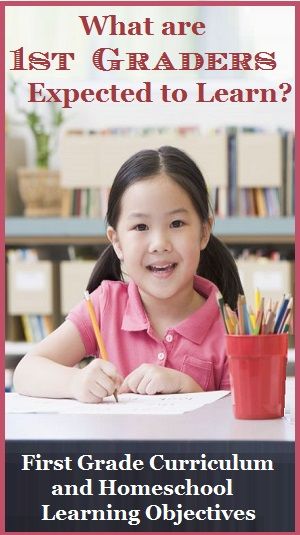 I remember we only made a layout of a piece of nature. Now the school is aimed at the fact that a student, having come to the first grade, should already be well versed and do assignments, be able to read, and we came to school to learn to read. There were more demands from children.
I remember we only made a layout of a piece of nature. Now the school is aimed at the fact that a student, having come to the first grade, should already be well versed and do assignments, be able to read, and we came to school to learn to read. There were more demands from children.
So tomorrow we are going to the zero grade... They didn't take us to the first one! Because we can't read. Only by sounds, or letters ... And then if this word slips into memory .... By the way, we can also write only under the dictation of letters, well, or rewrite the finished text! and we don’t know the English alphabet well ... I never thought that this could cause a refusal ..... Of course, my son also tried ... After a 30-minute exam, when the figures began to show towards the end, he answered clearly, but when they showed the square and asked what it looked like - The tired child answered - "On the lid of our cellar")))))) And laughter and sin. The logic seems to be correct, but the answer is not correct! Diagnosis - go to zero!!!
I will be the first to hear from you.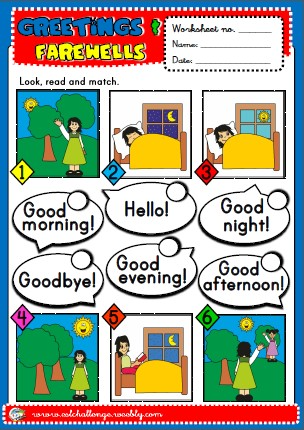 Personally, this has never happened in our Siberian town. Children come to study in absolutely the same secondary schools and begin to learn to read and write. They also begin to learn at the beginning to read by syllables, and learn to write numbers with letters separately. You apparently mean some special gymnasiums for especially gifted children, whose parents forced their children to learn to write, read and learn foreign languages almost from the cradle, roughly speaking.
Personally, this has never happened in our Siberian town. Children come to study in absolutely the same secondary schools and begin to learn to read and write. They also begin to learn at the beginning to read by syllables, and learn to write numbers with letters separately. You apparently mean some special gymnasiums for especially gifted children, whose parents forced their children to learn to write, read and learn foreign languages almost from the cradle, roughly speaking.
At the moment, in modern schools, the education policy boils down to the fact that a first-grader, having come to the first grade, must have basic knowledge for his age: read, write, count. This knowledge should be given by the parents of the child. In the school where the student comes to the first grade, teachers must further develop his abilities so that the child can continue to study at school and study other more complex subjects. In the first grade, children repeat and learn what they should already know before entering school and in parallel they are presented with new material, which they must confirm at the end of the year at the certification.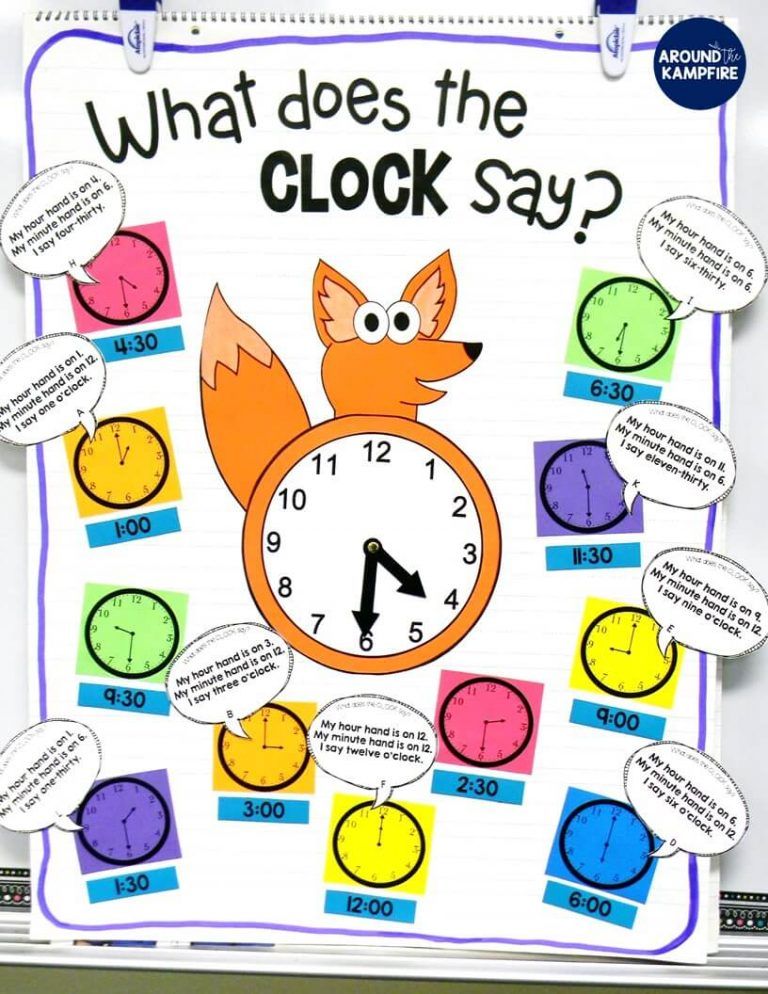 If the certification is not passed, the child remains, roughly speaking, for the second year (conditionally transferred to the next class, with a chance to retake the certification). This is our modern education.
If the certification is not passed, the child remains, roughly speaking, for the second year (conditionally transferred to the next class, with a chance to retake the certification). This is our modern education.
They teach everything that we were taught.
Another thing is that children are now poorly taught. That is why parents are encouraged to be involved. If there is no "kick" from their side, then the young man is often too lazy to study.
It may have always been like this, I don't know. But I remember that in our first grade, children who could not read were ridiculed (in the sense, the first-graders themselves laughed).
Being able to read at the age of seven is the norm, it is necessary. But if this is not the case, the school should direct the student in the right direction, there should be no discrimination. As a rule, a child at this age quickly reaches the rest (there would be a desire, of course).
A child can read in the first grade, although he is not required to.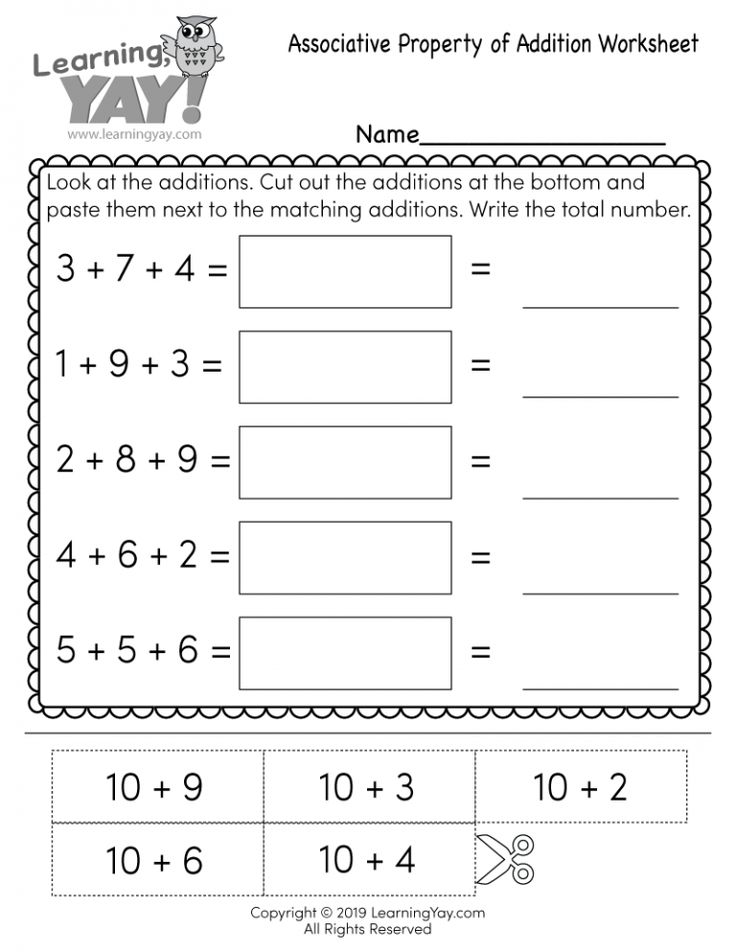 But to write ... No, this is already something from the field of science fiction. Although, if they start teaching writing in kindergarten, then it’s understandable ... But it’s actually difficult.
But to write ... No, this is already something from the field of science fiction. Although, if they start teaching writing in kindergarten, then it’s understandable ... But it’s actually difficult.
Strengthen their knowledge. They also teach communication in society, in addition to reading and writing, there are other disciplines. Although I also ask this question, it happens, especially since at the end of the first grade there is only a "primer holiday"))
Depends on the school in which such requirements are. Perhaps such a school will have directed training for some kind of position.
What a child should know and be able to do by the first grade: knowledge for a first grader
According to the Law of the Russian Federation “On Education”, admission to the first grade of state and municipal educational institutions is prohibited on a competitive basis. Any child aged 6.5-8 has the right to enroll in a school. But some things should be taught to the baby before school - this will make it easier to adapt to a new learning rhythm.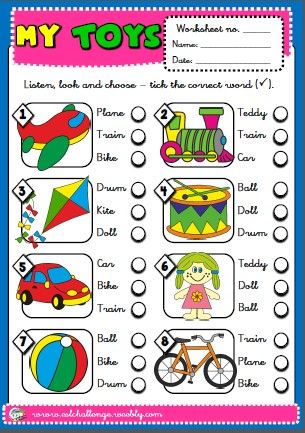 First grade - what should a child be able to do?
First grade - what should a child be able to do?
Child's knowledge of the family by the first grade
The child should be able to easily navigate information about close relatives and his/her own data. Full name, age, date of birth, where mom and dad work, how old are the brothers and sisters. It is good if the child knows the phone number of one of the parents and the home address by the first grade.
Knowledge about the surrounding world
It is believed that by the first grade a child knows natural phenomena - snow, hail, lightning. The child should distinguish colors, plants, animals. To test the knowledge of a preschooler, ask him to name a few types of trees or migratory birds that he knows offhand. For clarity, purchase a children's encyclopedia, look at the illustrations together and discuss the paragraphs.
<
Knowledge of time and space
Make sure that the child is guided by the hourly routine of the day. Does he know how to tell the time from a regular clock with hands? Can he list the days of the week and the names of the seasons without hesitation? Another important ability of the child to the first grade is to distinguish between “right” and “left”.
Does he know how to tell the time from a regular clock with hands? Can he list the days of the week and the names of the seasons without hesitation? Another important ability of the child to the first grade is to distinguish between “right” and “left”.
Knowledge of safety rules
It is assumed that the baby is familiar with the basic rules of behavior on the street - in what places and what color of traffic lights to cross the road, what to do if the traffic light is not visible, is it possible to leave with a stranger without the knowledge of parents . This is the minimum knowledge of safety that a child should have by the first grade.
A child's knowledge of mathematics
This is an important category of what a child should be able to do before first grade. There are often problems with mathematics. It is good if the child counts up to 100 and knows how to perform elementary addition and subtraction operations within the first ten.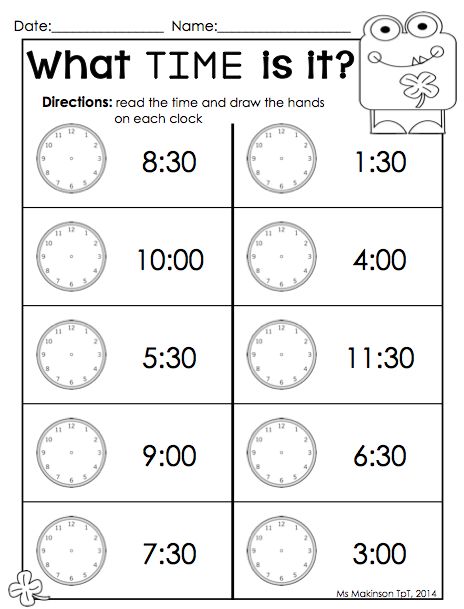 It is expected that he is familiar with basic geometric concepts - a parallelepiped is unlikely to be needed, but a circle, rectangle, square is quite. Teach your child to find patterns to train logic - exercises with pictures like “Find 10 Differences” are perfect here.
It is expected that he is familiar with basic geometric concepts - a parallelepiped is unlikely to be needed, but a circle, rectangle, square is quite. Teach your child to find patterns to train logic - exercises with pictures like “Find 10 Differences” are perfect here.
Knowledge of reading and Russian language
A future first-grader is recommended to know the alphabet. Despite the fact that it is not officially required to be able to read, this will definitely be asked at the interview. Children who have learned to read before school are easier to adapt - as a rule, their academic performance is higher than that of children who read in elementary school in syllables. You don’t need to force your child to pore over books without getting out, but you can try to motivate them to read on their own.
<
Resume
There is no official requirement that a child should know by the first grade. To be successful at the Foxford Online Elementary School, a child must have basic reading, writing, and arithmetic skills.